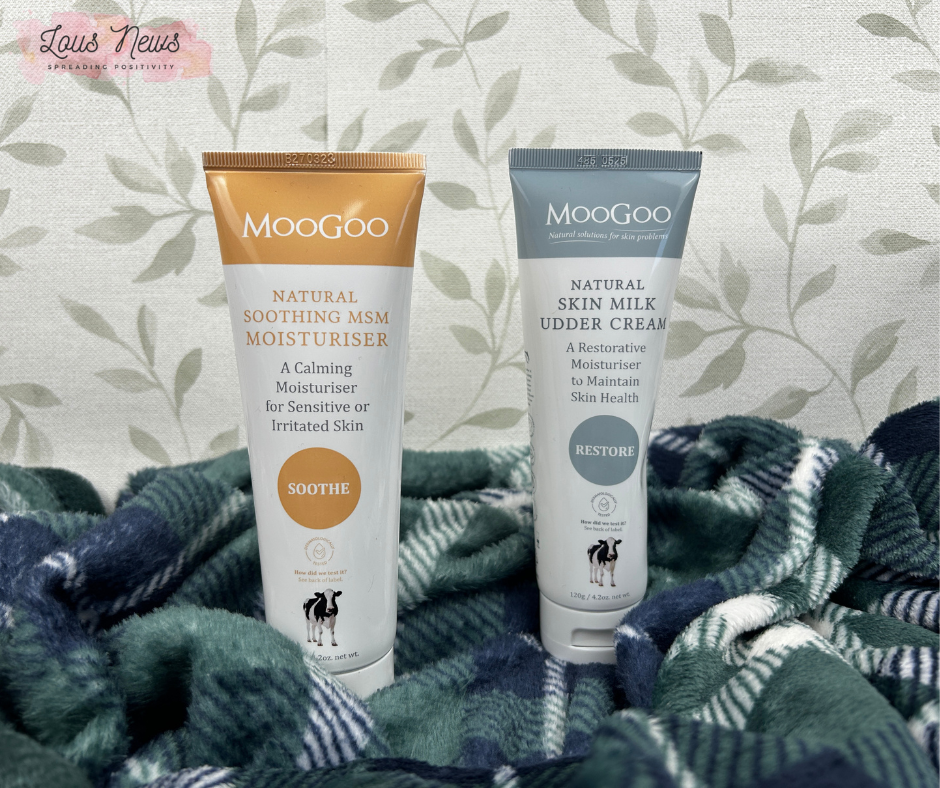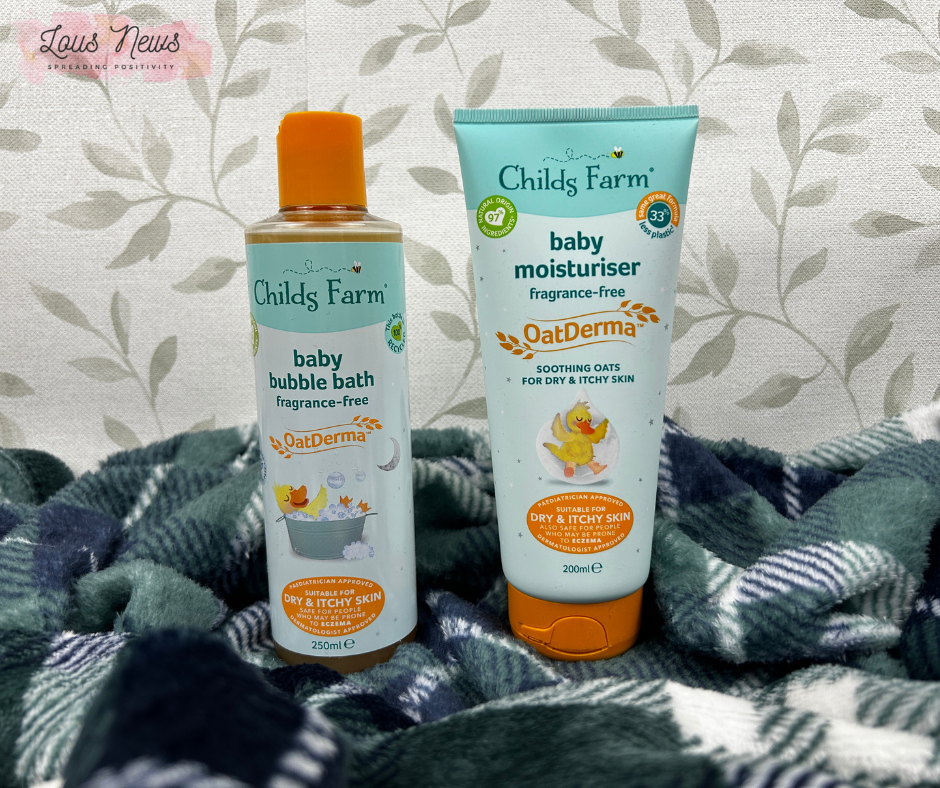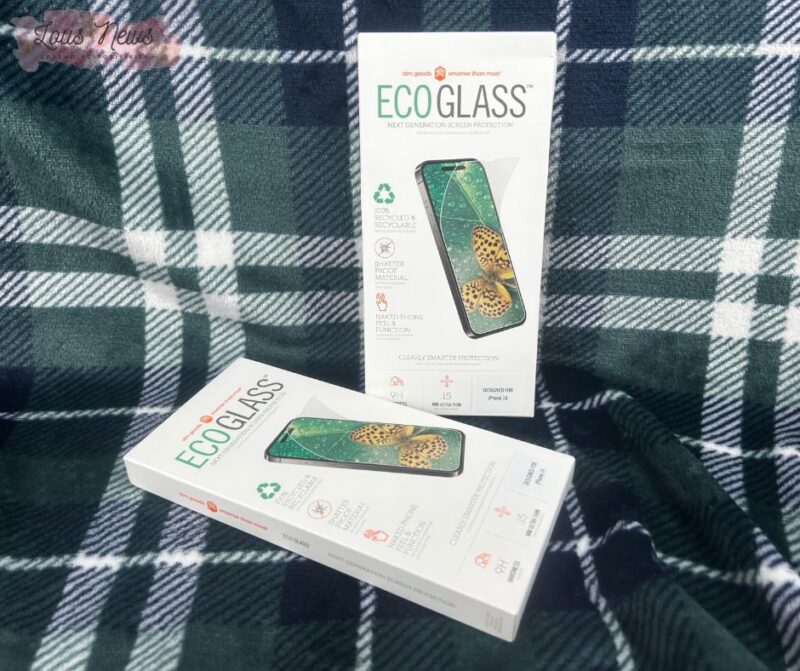The Best Skin Care For Eczema
Eczema can be a huge issue for many people and depending on the severity of it, it can seriously impact a person’s life both physically and mentally. It’s important to keep in mind that some skin care routines at home may not be successful so it’s always important to speak to your GP if more care is needed.
What Is Eczema?
Eczema, also known as atopic dermatitis, is a chronic skin condition characterised by inflammation, redness, itching, and sometimes blistering of the skin. It can affect people of all ages, but it’s most common in infants and young children. Eczema is believed to result from a combination of genetic and environmental factors.
The exact cause of eczema is not fully understood, but it’s thought to involve an abnormal immune response and a compromised skin barrier function, which leads to increased sensitivity to certain triggers such as allergens, irritants, heat, sweat, and stress.
Common symptoms of eczema include dry, itchy, and inflamed skin, which can become red, swollen, and even cracked or blistered in severe cases. The condition often occurs in recurring episodes, with periods of flare-ups and remission.
Treatment for eczema typically involves a combination of strategies aimed at relieving symptoms and preventing flare-ups. This may include moisturising the skin regularly, avoiding triggers, using topical corticosteroids or other medications to reduce inflammation, and practising good skincare habits. In some cases, phototherapy or oral medications may be prescribed by a healthcare professional.
Difference Between Adult Eczema And Child Ezcema
While eczema, or atopic dermatitis, shares similar characteristics across age groups, there are some differences in how it presents and is managed in adults compared to children:
- Appearance and Distribution: In infants and young children, eczema often appears on the face, scalp, and extensor surfaces (the outer sides) of the arms and legs. In adults, it may occur in these areas as well, but it’s more commonly found in flexural areas (inside the elbows and knees), hands, feet, and around the eyes.
- Severity: Eczema severity can vary widely among individuals, regardless of age. However, in adults, eczema tends to be more chronic and persistent, with flare-ups that may last longer and be more difficult to manage compared to children. Adults may also have more extensive involvement of the skin.
- Triggers: While common triggers such as allergens, irritants, and stress can affect both adults and children with eczema, adults may be more likely to identify additional triggers related to their lifestyle or occupation, such as certain fabrics, soaps, or environmental factors.
- Treatment: Treatment approaches for eczema are generally similar across age groups, focusing on moisturising the skin, avoiding triggers, and using topical corticosteroids or other medications to manage inflammation and itching. However, adults may have additional treatment options available, such as systemic medications or phototherapy, depending on the severity and persistence of their symptoms.
- Psychosocial Impact: Eczema can have a significant impact on quality of life, regardless of age. However, adults may experience unique challenges related to managing eczema alongside other responsibilities such as work and family obligations. The psychological and emotional impact of eczema, including stress and anxiety, may also be more pronounced in adults.
Overall, while the fundamental aspects of eczema are similar across age groups, understanding these differences can help tailor management strategies to meet the specific needs of adults and children living with the condition. Consulting with a healthcare professional is essential for proper diagnosis and management of eczema at any age.
Best Products For Adult Eczema
Treating eczema in adults is much easier as adults are able treat it with the right products and set up a skin care routine. Eczema also can be less troublesome in adults and easy to manage and treat.
MooGoo
If you’re looking for products that are great with sensitive skin and work really well for adult eczema then MooGoo is a must-try. Their products are tried and tested and are designed for sensitive or irritated skin. I love using their soothing MSM moisturiser and it does wonders for my elbows.
They have a whole host of products that are perfect for the skin and suit all needs. Take a look at the MooGoo website for more options. One thing that I love about their products is they use natural preservatives and no nasty chemicals.

Products For Child Eczema
Ezcema can be a lot more challenging when presented to children. This is mainly because children do not understand the need to use specialised products on their ezcema or may forget to. That’s why it’s important to introduce products that will help with their eczema at a young age and start a care routine that which can maintain as they grow.
Childs Farm
If you have children that suffer from Eczema then it can be difficult to find products that won’t irritate their skin. Thankfully Childs Farm have some amazing oat products that are designed for sensitive skin and won’t irritate your child’s skin at bath time!
Formulated with dry, itchy skin in mind, the Childs Farm product is suitable for individuals prone to eczema. Enriched with nourishing oats, it deeply hydrates and replenishes the skin. Clinically proven to soothe and fortify delicate skin while safeguarding the skin barrier, our fragrance-free formula offers gentle care for sensitive skin types.
Their OatDerma™ baby wash is a recommended wash and goes well with their bubble bath as well! Take a look at the full range of their products on the Childs Farm website!

What To Avoid With Eczema
For individuals with eczema, it’s crucial to avoid certain triggers and practices that can worsen symptoms or lead to flare-ups. Here’s what to avoid:
- Harsh Soaps and Cleansers: Use gentle, fragrance-free soaps and cleansers to avoid irritating the skin.
- Hot Water: Long, hot showers or baths can strip the skin of its natural oils, leading to dryness and irritation. Opt for lukewarm water instead.
- Rough or Scratchy Fabrics: Avoid wearing clothing made from rough or scratchy fabrics like wool, as they can irritate sensitive skin.
- Extreme Temperatures: Exposure to extreme temperatures, such as cold, dry air in winter or hot, humid conditions in summer, can exacerbate eczema symptoms.
- Stress: Stress can trigger eczema flare-ups or worsen existing symptoms. Practice stress-reduction techniques like meditation or deep breathing exercises.
- Fragrances and Perfumes: Avoid products with added fragrances or perfumes, as they can irritate sensitive skin. Opt for fragrance-free alternatives.
- Allergens: Identify and avoid potential allergens that may trigger eczema flare-ups, such as certain foods, pollen, pet dander, or dust mites.
- Scratching: Avoid scratching itchy skin, as it can further damage the skin barrier and lead to infection. Keep nails short and consider using anti-itch creams or cold compresses instead.
- Harsh Skincare Products: Some skincare products, such as exfoliants or acne treatments, can be too harsh for sensitive skin. Choose products specifically formulated for sensitive or eczema-prone skin.
- Overwashing: Washing the skin too frequently can strip away natural oils and lead to dryness and irritation. Limit bathing to once a day or every other day, and use mild cleansers.
- Certain Foods: While food triggers can vary from person to person, some common culprits include dairy, eggs, nuts, and wheat. Consider keeping a food diary to identify potential triggers.
- Tight Clothing: Avoid wearing tight-fitting clothing, as it can rub against the skin and exacerbate eczema symptoms. Opt for loose, breathable fabrics instead.
- Smoking and Secondhand Smoke: Smoking and exposure to secondhand smoke can worsen eczema symptoms and delay healing. Avoid smoking and minimise exposure to smoke whenever possible.
By avoiding these triggers and adopting a gentle skincare routine, individuals with eczema can help manage their symptoms and prevent flare-ups. If eczema symptoms persist or worsen despite these measures, consult a healthcare professional for further evaluation and treatment.





